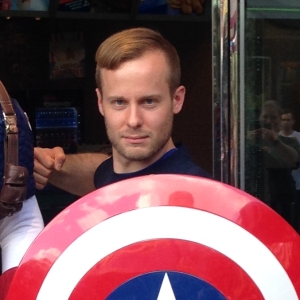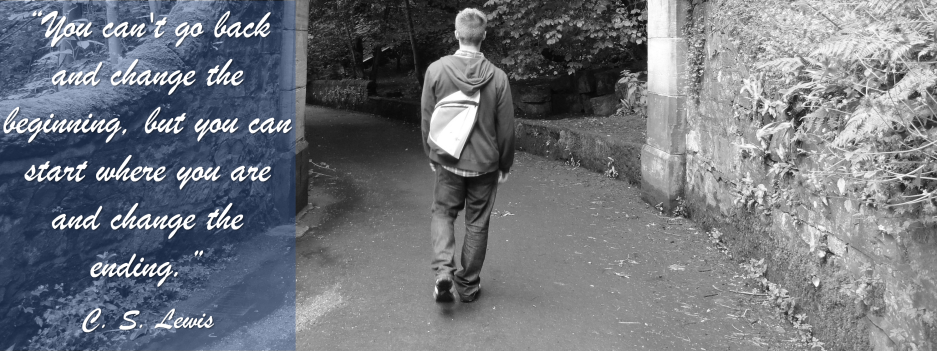Header image credit: me // Featured image credit: Jr Korpa (freely available via Unsplash)
It’s been in the back of my mind to write this post for a while, but I had been putting it off. But as I was walking out of the gym the other day thinking about my class choreography, I realized how relevant this topic is to so many things, so it’s time for it. I was thinking about the strength training class I teach and how much I love the section where we work back (deadlifts, rows, flyes, etc.). It has become my favorite section of that class, in large part because I always play a Journey song. Then I began to realize how that has helped me—no, caused me—to enjoy Journey more (not that I didn’t enjoy them before, but I’ve been getting into them much more since I started teaching this format), and also how I really started to enjoy the back section more once I began to make a big deal about making it my thing to always use a Journey song. In short, I had a profound yet mundane epiphany: did I choose to start liking that section of class (or Journey) more? Or was this increased fondness somehow destined by my previous actions and decisions?
Continue reading


